The Presidency has affirmed that Nigerians retain the right to peaceful protest, emphasizing that the administration of President Bola Tinubu is committed to serving the people, not dominating them.
Speaking on TVC’s Politics on Sunday with Femi Akande, the Special Adviser to the President on Media and Publicity, Ajuri Ngelale, addressed concerns about the government’s stance on the planned peaceful protests scheduled for August 1-10.
He reiterated that no part of the administration has the authority to prevent Nigerians from exercising their right to peaceful protest.
“No one in our administration has the authority to deny Nigerians their right to peaceful protest,” he said, acknowledging fears that the protests could be hijacked, similar to the #EndSARS movement of 2020.
Ngelale reassured citizens of President Tinubu’s dedication to improving Nigeria’s economic situation, despite the challenges inherited from the previous administration.
He admitted that while Nigerians are facing significant economic pressures, the government is implementing measures to enhance living standards in the short, medium, and long terms.
He called for patience, noting that development takes time and there is no magic wand to instantly solve the country’s problems.
Ngelale highlighted several government efforts, including single-digit interest rate credit facilities for over one million MSMEs, reconstruction of seaports and roads nationwide, the Student Loan Scheme, the Consumer Credit Program, and the increase in the national minimum wage.
He emphasized that while these initiatives may take time to yield tangible results, they are steps in the right direction for the country’s economic recovery and growth.
He said, “Right now, you have over 300 roadways across all states of the Federation being reconstructed and that is not including the super-highway from Lagos to Calabar that’s under construction, the Badagry to Sokoto highway and many others. Not to talk of $1bn being right now expended on seaport reconstruction across the eastern and western seaports.
“There are several things that are going on now that create direct employment and set us up for a prosperous future where our infrastructure actually supports the foreign direct investment drive that this President is aggressively pursuing.
“But it is also incumbent upon our administration, not just at the federal level, but obviously incumbent on the state and local levels, to ensure that whatever policies are being implemented to create fiscal space for households, that these things are actually done, that we don’t have any kind of administrative incompetence, that we don’t have unnecessary bureaucratic delays.”
Citing several social investment programmes already in motion, Ngelale argued, “There’s no question about the fact that there is a lot of work that has to be done, and there’s a lot of work that is being done, some of which is not going to have the bells and whistles of TV cameras and nobody’s going to be sitting in the office, for example of the CBN Governor, as he’s doing his paperwork which leads to the full payoff of $7bn worth of foreign exchange backlog.
“It has a massive impact on investor confidence, it has a massive impact on the medium term kind of monetary space in the country, but that’s not something that people are necessarily going to be dancing and celebrating about. So there’s a lot going on.”
He described a recent Supreme Court judgment that granted local government councils fiscal autonomy as “restructuring in practice,” adding, “That is the kind of thing that Nigerians would need to give some time to see what the difference actually will translate into in terms of the impact on their livelihoods.”






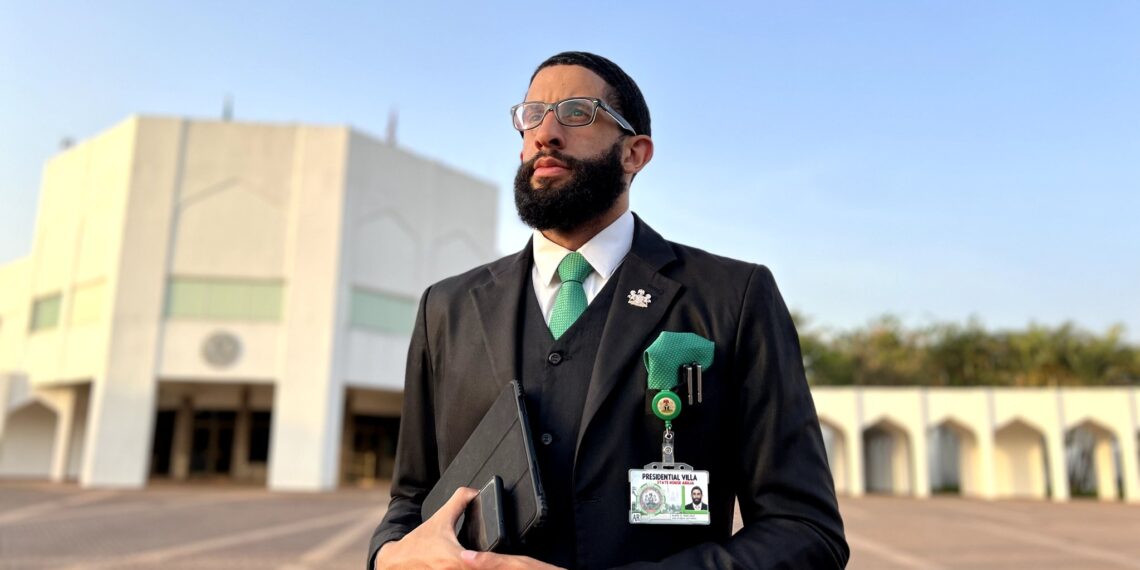

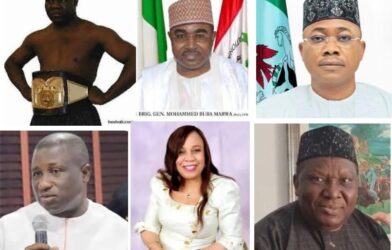
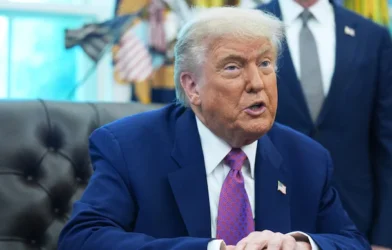
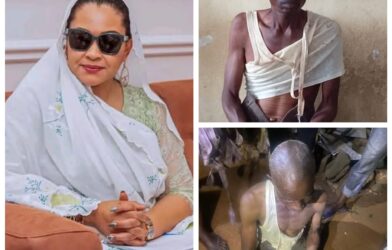
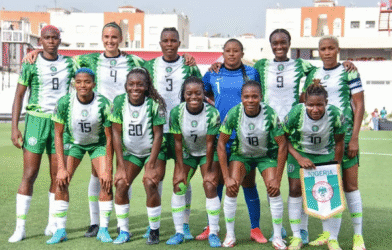
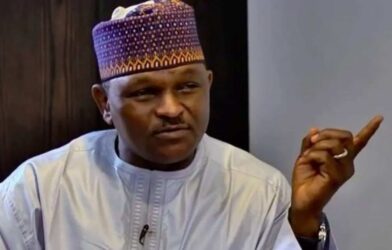
Comments are closed